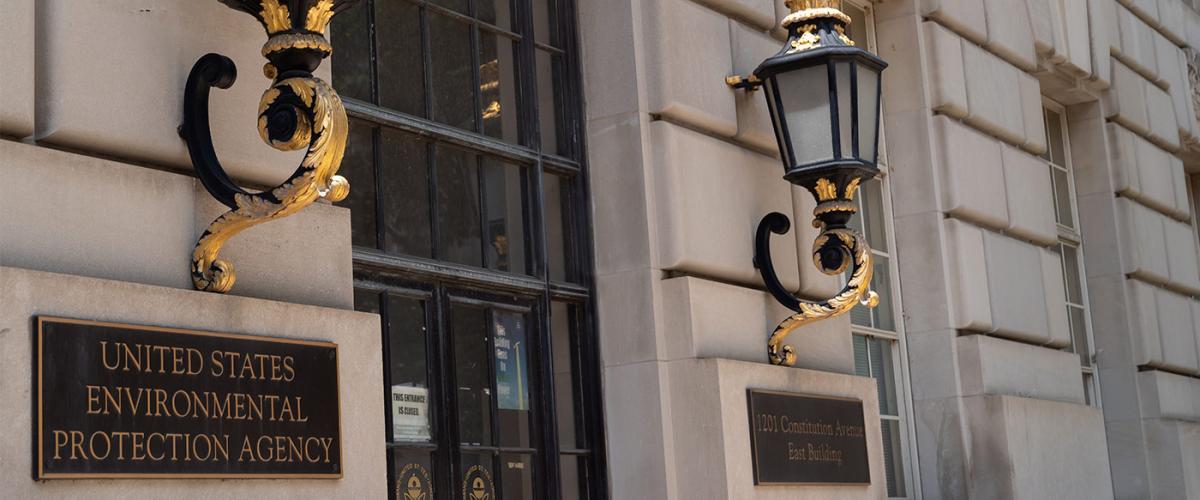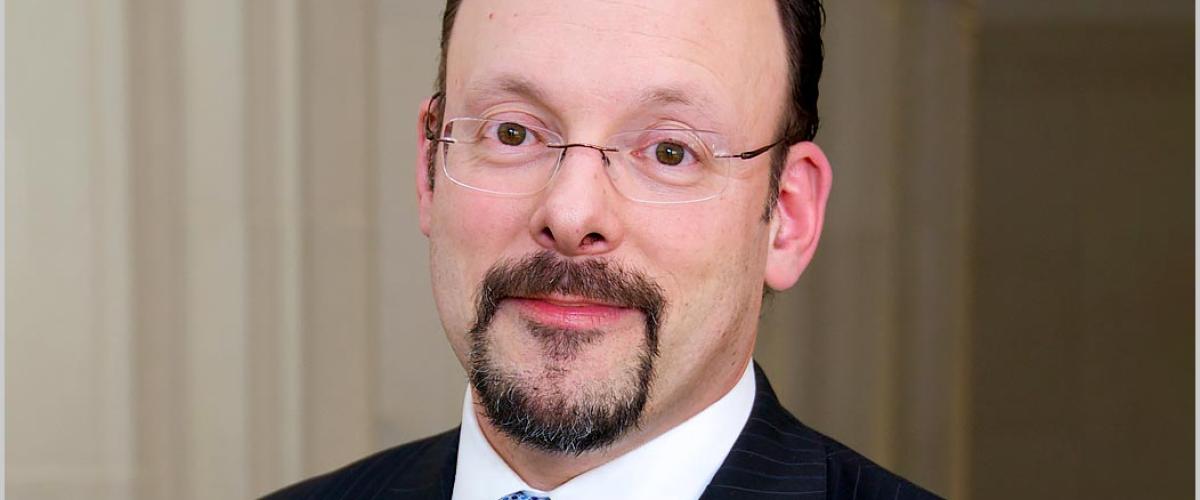Launching in Fall 2022, the Environmental Law Clinic at Case Western Reserve University School of Law will be an interdisciplinary clinic that addresses environmental law and policy problems on behalf of individual clients and organizations including environmental groups, nonprofits and community organizations.
The law school has appointed Miranda (Randi) Leppla to serve as the Environmental Law Clinic’s lead instructor. A graduate of University of Chicago and The Ohio State University’s Moritz College of Law, Leppla has served as a litigation associate at Vorys law firm and Leppla Associates, and as vice president of Energy Policy and lead energy counsel at the Ohio Environmental Council, the state’s most comprehensive and respected environmental advocate for a healthier, more sustainable Ohio.
The Environmental Law Clinic will cover the full range of environmental issues but focus predominantly on environmental and energy justice concerns in Northeast Ohio. It will benefit from the support and expertise of the Milton and Charlotte Kramer Law Clinic—the law school’s in-house law firm—which provides high-quality, no-cost legal representation to vulnerable populations in Northeast Ohio through its 9 clinics and 4 practicums staffed by 15 faculty members who have years of practice experience. The clinics represent clients and client groups who cannot afford their own lawyers and handle more than 350 cases per year for approximately 35,000 hours of pro bono legal work..
Under the umbrella of the Kramer Law Clinic, the Environmental Law Clinic will combine teaching, student practice, policy work and impact litigation, as appropriate, to address environmental justice issues within our region. The Environmental Law Clinic aims to take action in matters with significant interest and/or impact in the community. Students enrolled in the Clinic will work 20 hours a week over the fall or spring semester engaged in the role of the lawyer representing clients. Students will provide advice and consulting services to prospective clients, work on environmental litigation, create advocacy tools, and engage in policy work.
“I am thrilled to be joining the Kramer Law Clinic to help shape the next generation of environmental attorneys through the first litigation-based environmental law clinic in the state,” said Leppla. “With an ever-increasing amount of climate and environmental issues impacting our communities, there has never been a greater need for attorneys to be grounded in environmental law, and the Environmental Law Clinic will provide a solid foundation for future practitioners.”
“We are excited because this clinic will complement our expanding environmental curriculum and provide further experiential opportunities in environmental law while helping meet the legal needs of communities in Northeast Ohio,” said Professor Jonathan H. Adler, director of the Coleman P. Burke Center for Environmental Law.
The Burke Center was launched in 2019 with a $10 million endowment from Coleman P. Burke (LAW ‘70). It is recognized as one of the top Environmental Law programs in the nation, with an “A” ranking by preLaw magazine.
Initial funding for the Environmental Law Clinic comes from an endowment established by the late Stanley Adelstein (LAW ‘46) and his wife Hope to support training of law students in environmental law. “This new Clinic transforms the Adelsteins’ vision into an impactful program that will launch the next generation of environmental lawyers at a time when environmental law is more important than ever,” said School of Law Co-Dean Michael Scharf.




